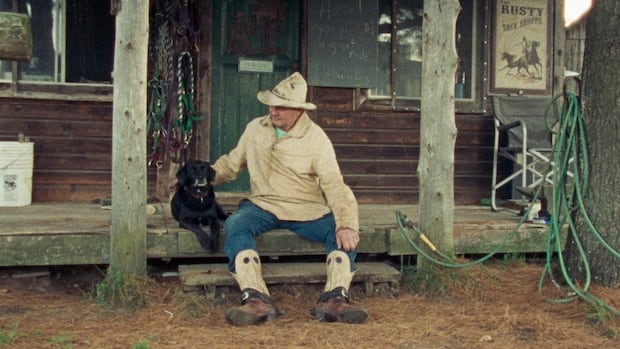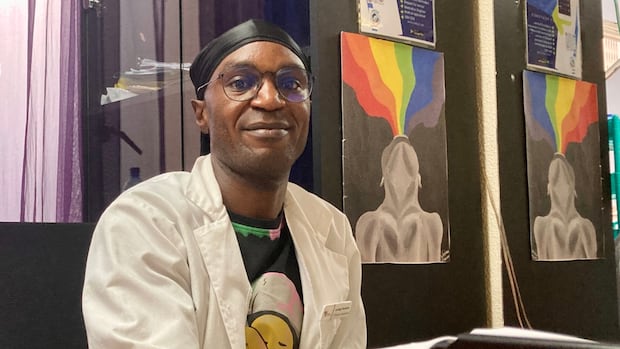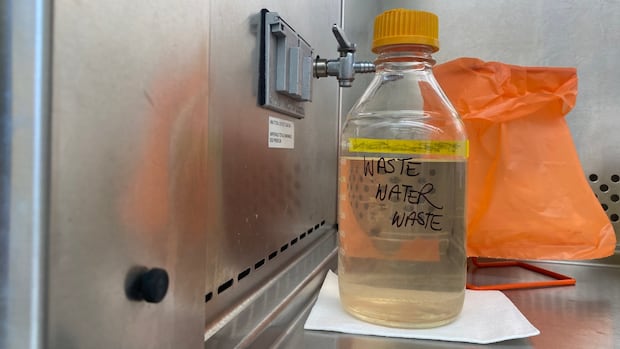First-generation Sask. rancher Kole Norman says he went through some dark times dealing with the stresses of the job and had trouble finding help.
“I was definitely very suicidal. … I just felt really helpless,” he said. “I’d held off on reaching out. I didn’t want to seem weak or fragile. When I did end up reaching out, it just felt like that help that I thought was there wasn’t actually immediate, like I had hoped it was.”
Norman is one of several producers sharing their struggles in a Canadian documentary screening in Saskatoon this week.
Saskatoon’s Broadway Theatre is hosting a special screening of Deep Rooted, a 33-minute documentary examining the mental health of agricultural producers in Canada, on Wednesday at 7:30 p.m. CST. Entry is by donation.
The film features four Canadian farmers and ranchers, along with several mental health experts. After the credits roll, a panel of specialists will be there to talk about the themes and field the audience’s questions.
Norman, who is from Flying Dust First Nation, is one of the panellists.
Being new to the industry, Norman said he didn’t feel in control, as one bad storm or no rain for a few months would completely change the outlook on his operation.
“Growing up in a small town, and on a reserve, and in a farming community, you want to seem like you’re a big, strong, tough guy and it’s not an easy thing to talk about,” Norman said. “There’s a big learning curve and I didn’t feel like there were a lot of people that I could just call up and ask questions of. I just felt a lot of stress and weight on my shoulders.”
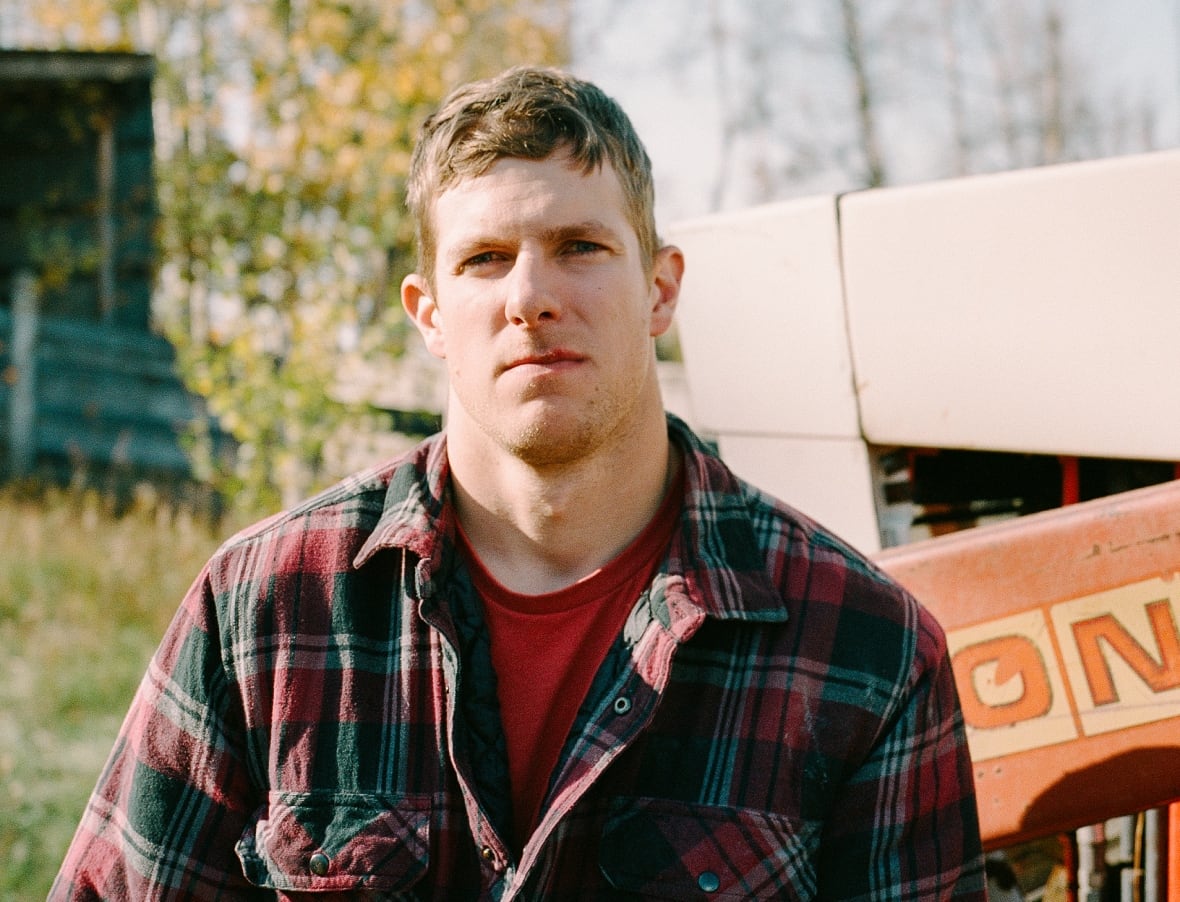
Norman said one of the hardest parts was that he had responsibilities even on his worst days.
“Cows still need to get fed, and stuff still needs to happen. All those lives are relying on you, so it’s not like you can just turn off that side of things.”
Norman said he is in a better place now and hopes the film he took part in can help people who are dealing with the same problems.
“In all cases, it’s the first time that they’re talking about their issues in that public space, so it’s an incredibly powerful documentary,” said Merle Massie, the executive director of the Do More Agriculture Foundation, a mental health advocacy group that helped the filmmakers find farmers and ranchers to speak with.
“This isn’t necessarily a story of hope. It’s a story of truth, and that really helps to crack the audience open.”
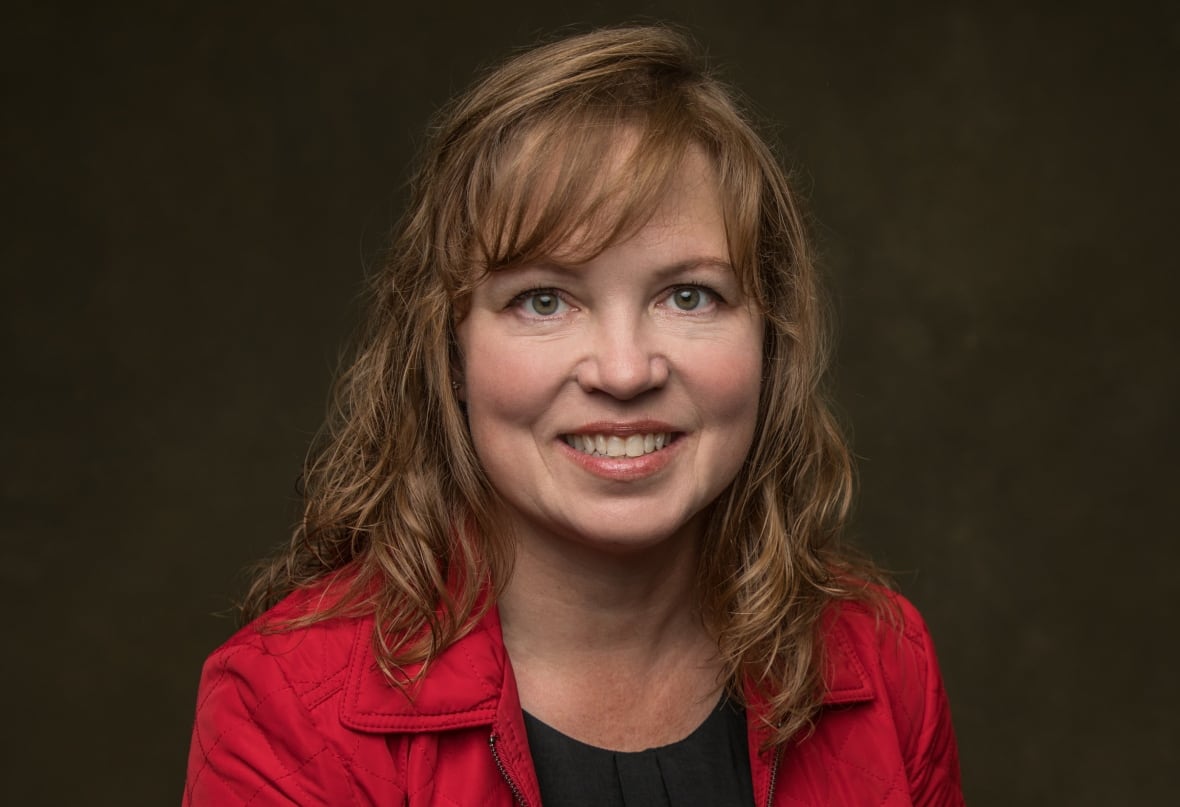
According to Massie, the industry has a suicide rate between 20 and 30 per cent higher than the rest of the population. She said a culture of stigma and shame can pervade the lives of people in rural settings.
“I want to reassure people that it is an everyday, every person issue,” Massie said. “It is no different than reaching out for help if you have diabetes, or you broke your arm, or you have an ongoing physical illness in your body. Reaching out for help makes you stronger. It helps give you the strength and the tools to build your life the way that you want to build it.”
Other panellists at the screening include Lesley Kelly, a Saskatchewan farmer and co-founder of the Do More Agriculture Foundation, and Dr. Michelle Pavloff, the director of rural health research at SaskPolytech.
If you or someone you know is struggling, here’s where to look for help:


